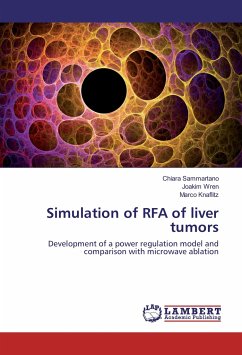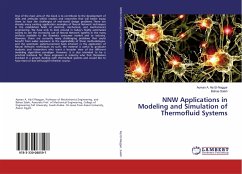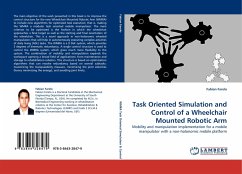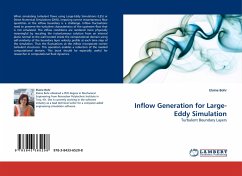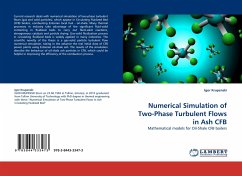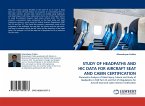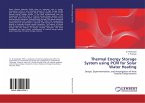Local therapy with radiofrequency ablation (RFA) is an important method for treating liver tumors mostly in early stage, which has been increasingly used in recent years. RFA utilizes an RF current that is applied to the target tissue through an electrode connected with a power generator and percutaneously inserted into the tumor; the electrode power causes the tissue temperature rise required for destroying cancer cells. If RF thermal ablation entails numerous advantages - such as high repeatability of treatments, suitability for patients who can t undergo surgery, quick procedure and fast recovery -, there are still some inconveniences and difficulties coupled with this technique. One of these problems is the so called heat sink effects, resulting from the presence of large blood vessels close to the electrode tip.Finally, a comparison work has been conducted between two different ablation modalities (RF versus MW) showing similarities and differences until the conclusion that currently the RFA treatment is the most suitable treatment for tumors in early stage, small and localized.
Bitte wählen Sie Ihr Anliegen aus.
Rechnungen
Retourenschein anfordern
Bestellstatus
Storno

